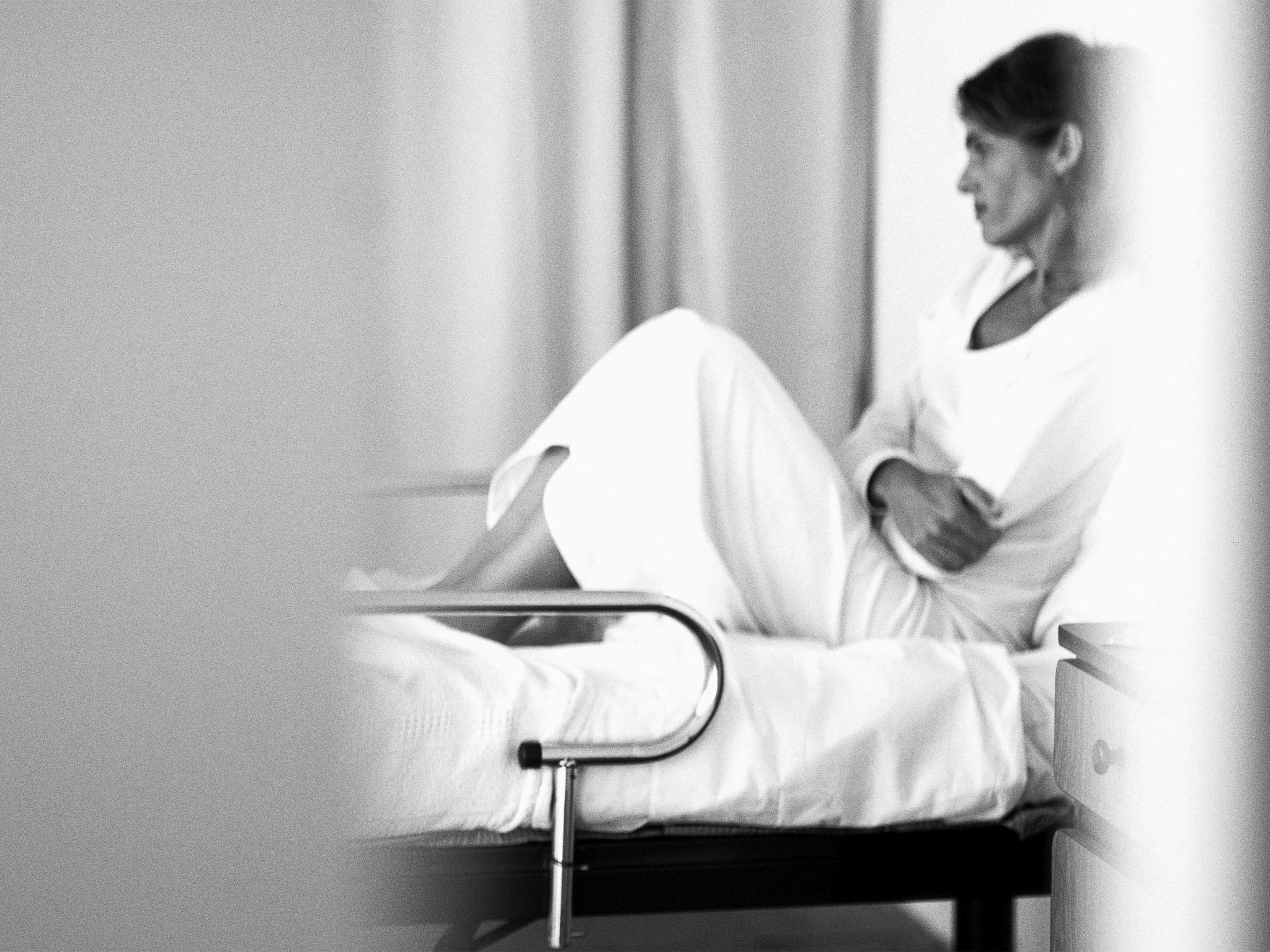Stop using police cells for those experiencing mental health-related emergencies
If you’d just had a heart attack you’d never be held in a custody

Imagine you’ve suffered a mental health crisis. The last place you’d want to be is locked in a police cell when you’re feeling confused or desperate. It’s care and compassion you need, not custody, yet too many people with mental health issues are still being detained just for being ill.
The official line from the Home Office is that police stations should be a last resort if someone is at risk of harming themselves. They should really be taken to a hospital, not to a place for keeping criminals off the streets until they face a magistrate.
I accept that custody is being used less, but nearly 8,000 times a year is still unacceptably high, given that we know that many held there should be supported elsewhere.
If you’d just experienced a physical health crisis, a heart attack for example, you’d never be held in a police cell. If these were stroke victims, we would be rightly appalled. It just double underlines why mental health needs to be given parity of esteem with physical health.
Another cause for concern is the overall rise in detentions under mental health laws, up by four percent in a year to 54,000. Six months ago, I chaired a review into how the Metropolitan police deal with members of the public suffering from mental health problems. The Independent Commission on Mental Health and Policing highlighted the need for appropriate care for vulnerable people who are held in custody and for no one to be transferred to hospital in a police van.
We called for fewer but much better-resourced, clinically-led centres with staff who are highly trained and can support the police in emergencies. It would be unrealistic to expect our report to have led to a reversal yet of any of the figures I’ve quoted. However, it does show our recommendations need to be acted on as a matter of urgency.
For the situation to change, we have to ask some tough questions. Why are more people ending up in hospital with mental health issues and why are some finding themselves in police cells or the back of police van when they haven’t committed a crime? I’m not saying there are no cases where people haven’t broken the law. But placing people in custody who haven’t offended is unacceptable.
I know from talking to NHS chief executives that welfare reforms are partly to blame for more people being admitted in distress. Threats to cut sickness support are putting the most vulnerable in society under tremendous stress. This is especially true in places like Brighton and London which have a high proportion of people on benefits as a result of mental ill health.
I’d also question what mental health trusts are doing to provide adequate support.
I’d question what efforts we have made in terms of appropriate accommodation.
Hundreds of mental health beds have closed in recent years – some due to a welcome, increased focus on community support – but this has put pressure on the system which means those in crisis are not always receiving the support they need, as quickly as they need, sometimes with devastating consequences.
The truth is that the police are too often being used as a last, or rather first, resort because other services aren’t doing their job or are underfunded.
Norman Lamb’s response has been to roll out police triage teams where a mental health nurse goes out with the police. This is a good thing - but only a partial solution to a bigger problem. The pilots, which started in Leeds and Newham, need to be rolled out countrywide.
Getting attitudes to shift towards mental health is not going to be easy. But treating people with dignity and respect should be the first priority.
Lord Victor Adebowale is chief executive of national health and social care provider Turning Point
Join our commenting forum
Join thought-provoking conversations, follow other Independent readers and see their replies
0Comments